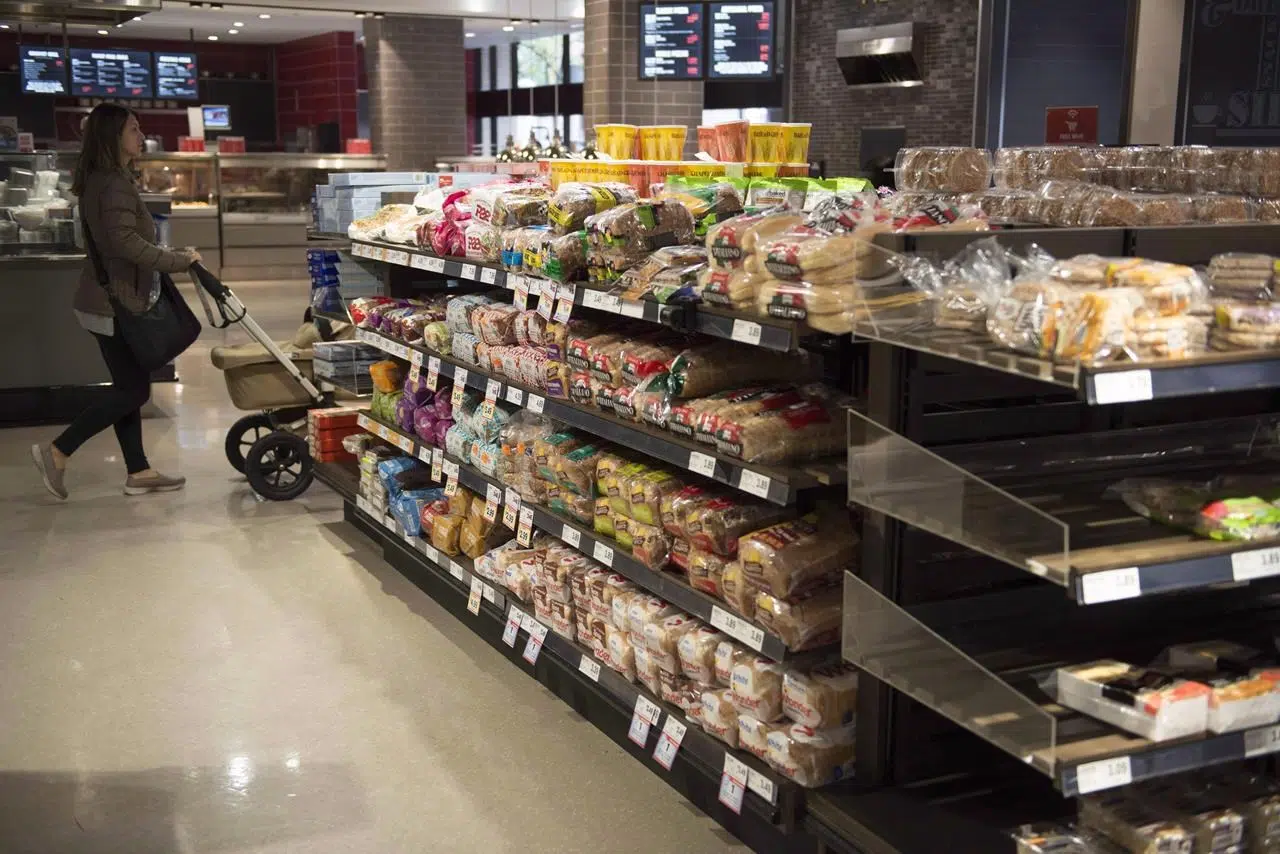
Price-fixing cases ‘common’ as rewards outweigh risks, experts say
VANCOUVER — The recently revealed 14-year industry-wide arrangement to co-ordinate bread prices in Canada doesn’t seem to shock experts, who say price fixing is a common and tempting practice in the country.
Any possible reward, they add, appears to outweigh the risks of penalties and losing consumers’ trust.
Grocery giant Loblaw Companies Ltd. (TSX:L) and George Weston Ltd. (TSX:WN) revealed earlier this week they participated in a co-ordinated bread pricing scheme from late 2001 to March 2015. The companies tipped off the Competition Bureau and struck an immunity deal to avoid criminal charges or other penalties from the ensuing investigation.
According to court documents, the regulator is also investigating the alleged involvement of Canada Bread, Walmart, Sobeys (TSX:EMP.A), Metro (TSX:MRU) and Giant Tiger as well as “other persons known and unknown.”


